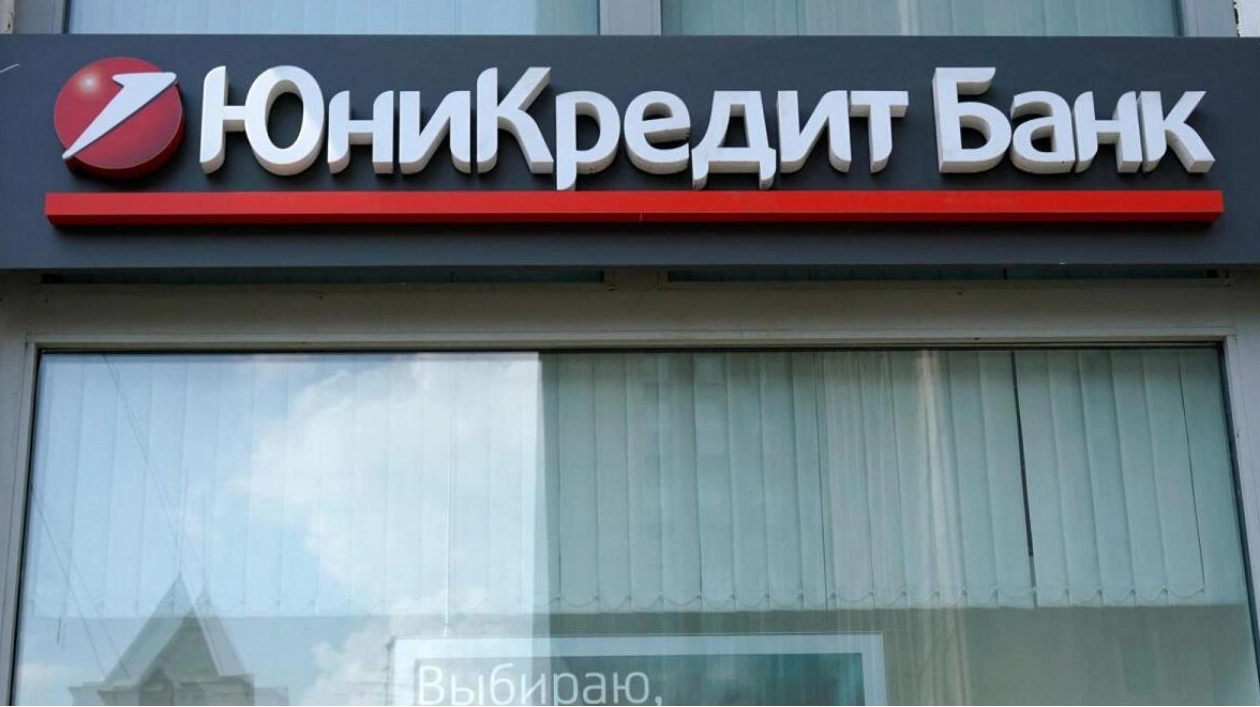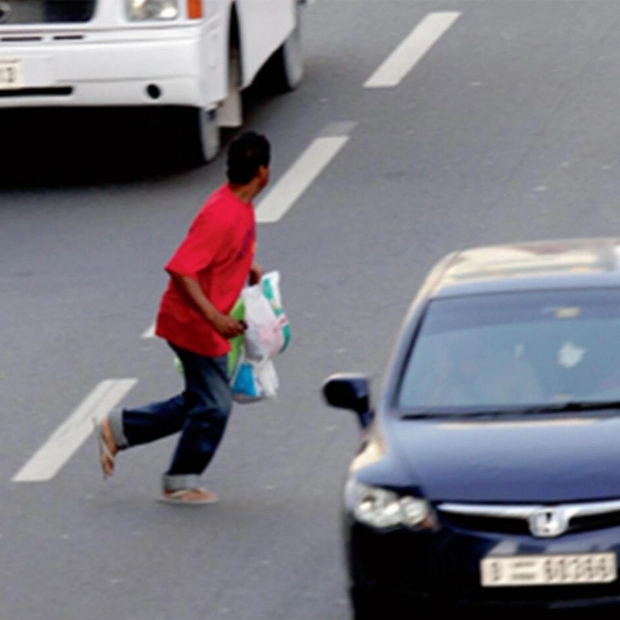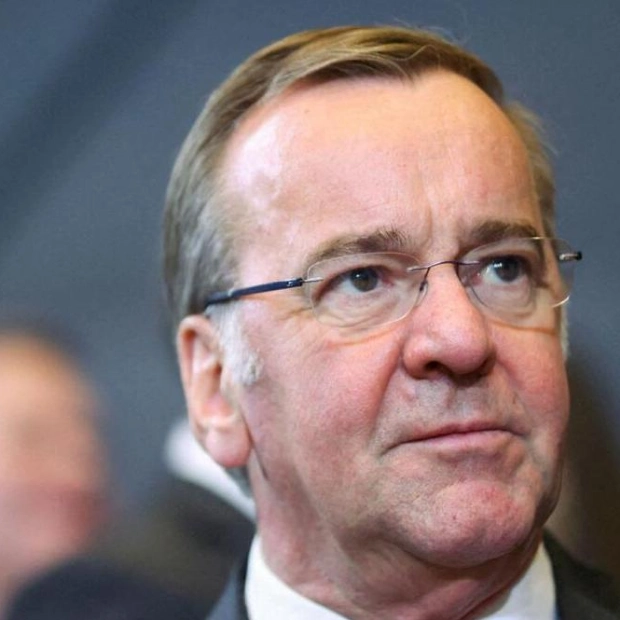UniCredit announced on Monday that it is contesting the conditions imposed by the ECB for the Italian bank to reduce its ties with Russia, and is seeking a judgment from the EU's General Court, as well as a temporary halt to the request. Eurozone banks that continue to engage with Russia more than two years after the invasion of Ukraine are facing increasing scrutiny from both the EU's supervisory bodies and U.S. authorities regarding their connections to the country.
Given the intricate regulatory environment, which includes Western sanctions against Moscow and local Russian laws where UniCredit operates a retail bank, the bank stated in a release that it needs to "seek clarity and certainty" about the steps it must take. UniCredit anticipates that the application process could take several months, and it will be preceded by a decision on its request for suspension in the near future. The bank emphasized the necessity to prevent any potential "serious unintended consequences" resulting from the ECB's decision.
Italy's Foreign Minister, Antonio Tajani, expressed support for the complaint, highlighting the need for clarity. He stated that the ECB must consider the circumstances under which Italian companies operate in Russia, in line with EU sanctions, and cautioned against hasty decisions that could harm Italian and EU companies. The European Central Bank has requested European lenders to outline a "clear roadmap" for exiting the Russian market. In May, the Governor of the Bank of Italy and ECB policymaker, Fabio Panetta, urged Italian banks to "get out" due to reputational risks.
UniCredit noted that the progress it has made in reducing its Russian operations demonstrates its alignment with the ECB's emphasis on decreasing its presence in Russia. However, it expressed concerns about the conditions under which this reduction must occur, as stipulated in the ECB's decision, which it believes exceeds the current legal framework. The ECB has not commented on the matter. Following Austria's Raiffeisen, UniCredit has the largest exposure to Russia among European lenders, operating a top 15 bank there. Raiffeisen has no current plans to take legal action against the ECB regarding the request to reduce its Russia-related business, according to a spokesperson.
Nicolas Veron of Brussels think tank Bruegel commented that for those who view Ukraine's struggle against Russia as crucial for European security, UniCredit's continued presence in Russia, its profits, and subsequent legal action against the ECB's efforts to compel it to leave, does not present a favorable image. UniCredit has already reduced its Russia cross-border exposure by 91% and its local exposure by 65%, with plans for further significant reductions. European banks still active in Russia are also under pressure from the United States. Treasury Secretary Janet Yellen mentioned in May that these banks face "an awful lot of risk," and Washington is considering stronger secondary sanctions on banks assisting in transactions for Russia's war effort.
Western sanctions have made it more challenging for European banks to exit Russia by limiting the number of potential buyers. The exit process is now contingent on approval from President Vladimir Putin, under restrictions imposed by Moscow. Additionally, Russia's central bank must also approve. Illustrating the challenges, another Italian lender, Intesa Sanpaolo, has yet to finalize its exit, despite obtaining the presidential decree allowing it to dispose of its Russian assets last September.






